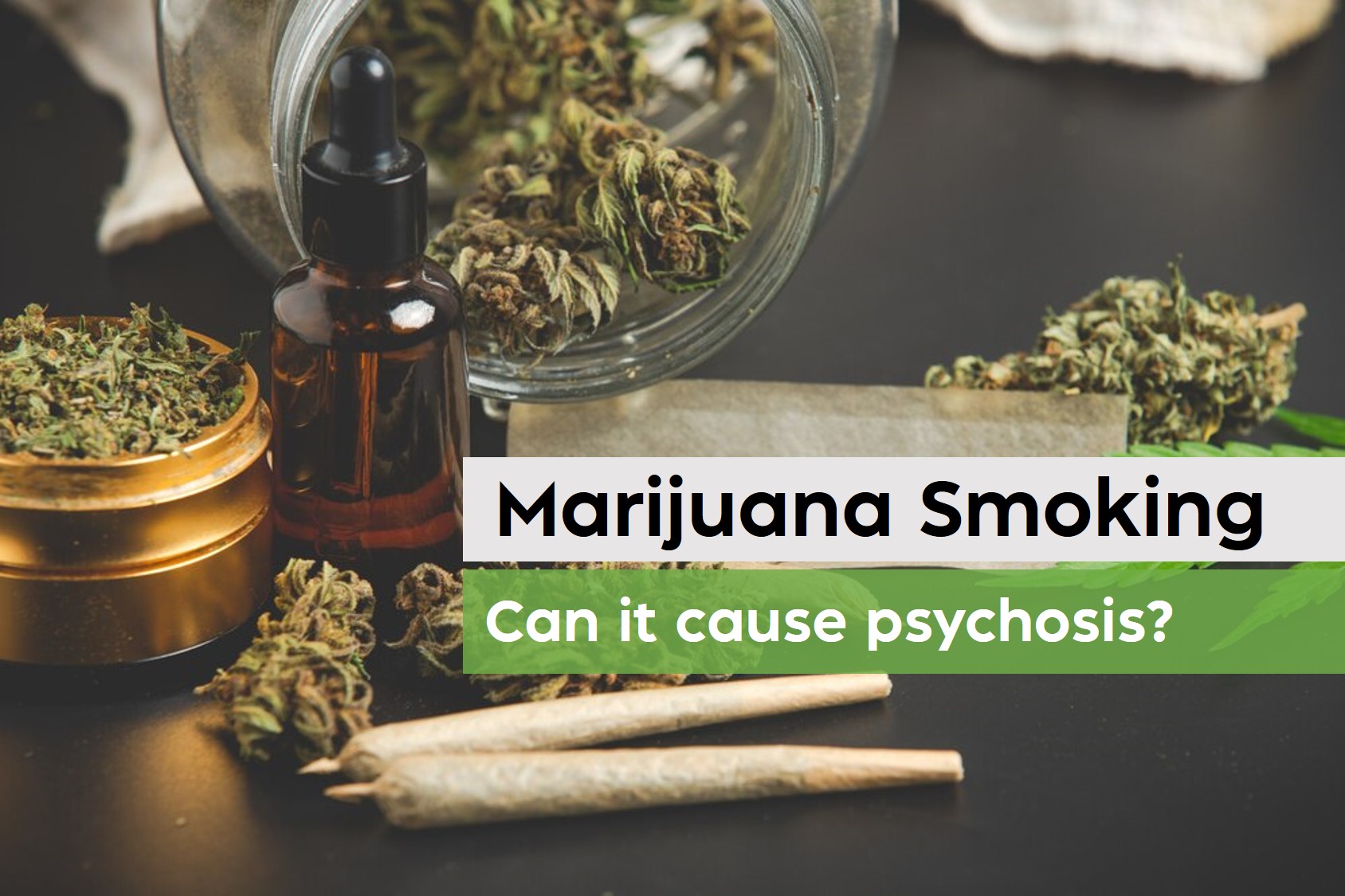Cannabis, commonly known as marijuana, has been a topic of interest in relation to its potential role in psychosis. Psychosis is a mental health condition characterized by a loss of contact with reality, including symptoms such as hallucinations, delusions, and disorganized thinking.
The psychoactive compound in marijuana, delta-9-tetrahydrocannabinol (THC), is believed to play a role in the potential link to psychosis. THC can affect the brain’s neurotransmitter systems, including dopamine, which is known to be involved in the development of psychotic symptoms. However, it is important to note that not all individuals who use marijuana will develop psychosis. Other factors, such as genetic predisposition, environmental factors, and the presence of other mental health conditions, may also contribute to the development of psychosis.
It is crucial to consider the potential risks of marijuana use, particularly for individuals who may be at a higher risk of developing mental health disorders.
Summary of Scientific studies looking at the likelihood of developing psychosis with cannabis consumption.
- A study published in the Journal of the American Medical Association (JAMA) Psychiatry in 2019 found that cannabis use was associated with an increased risk of developing psychosis in a dose-dependent manner.
- Another study published in the British Journal of Psychiatry in 2017 reported that early and heavy cannabis use was associated with an increased risk of developing psychosis.
- A meta-analysis published in the journal Schizophrenia Bulletin in 2016 analyzed data from multiple studies and found that cannabis use was associated with an increased risk of psychosis, particularly among frequent users.
- A study published in JAMA Psychiatry in 2018 explored the genetic overlap between cannabis use and schizophrenia and found evidence supporting a shared genetic liability.
- A longitudinal study published in the journal Addiction in 2011 followed a large sample of individuals and found that cannabis use during adolescence was associated with an increased risk of developing psychotic symptoms in adulthood.
Media Portrayal
Media portrayal of cannabis has been diverse and often influenced by various factors, including societal attitudes and political agendas. In some cases, the media has sensationalized the use of cannabis as a recreational drug, without looking into the possible harm that it can cause, when consumed in larger quantities, and over a longer period of time.
Media should strive to provide accurate and balanced information about cannabis, including both potential risks and benefits, in order to promote informed discussions and decision-making regarding its use. Responsible reporting can help dispel myths, reduce stigma, and encourage evidence-based understanding of cannabis and its impact on mental health.
Overall, media portrayal of cannabis should aim to present a comprehensive and nuanced view that reflects the current scientific knowledge and acknowledges the ongoing research and debates surrounding this topic.
Source/s: Banner image by Freepik.com


